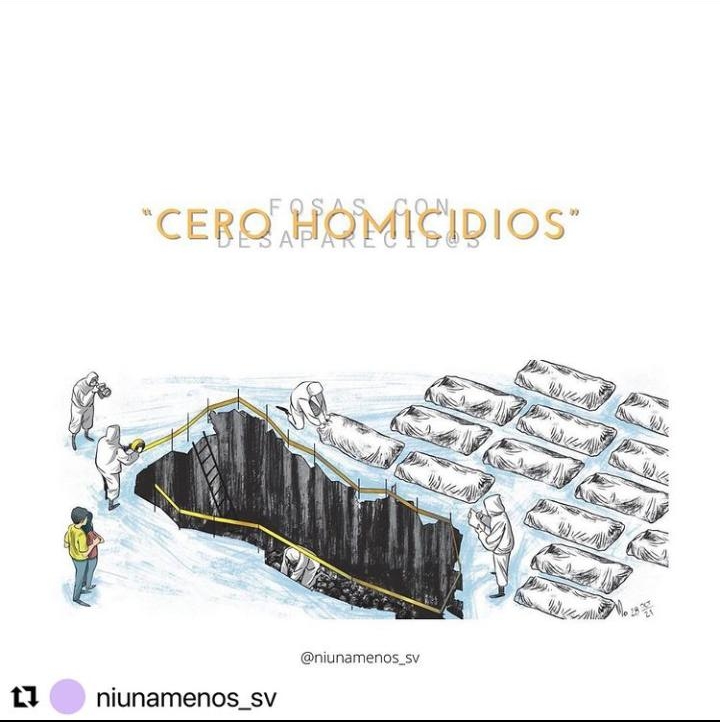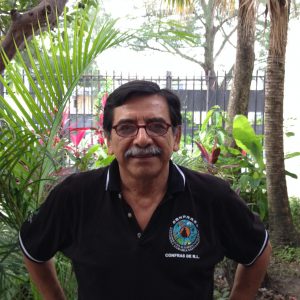Human Rights, Rights for Youth and Women
UCA EDITORIAL – Disappeared in El Salvador
(READ THE ORIGINAL IN SPANISH HERE)
The Central American University (UCA) recently published an editorial about the growing problem of missing people in El Salvador. Here’s our translation:
In El Salvador, the disappearance of people is daily news. Until August 31 of this year, 789 people are reported missing, an average of 3.3 each day. The eagerness of the authorities to deny this reality has been such that the imposed attorney general, Rodolfo Delgado, affirmed, a few days after taking office, that the Office of the Attorney General of the Republic would no longer report the complaints of missing persons. The State’s disinterest in fighting forced disappearances is evident, and recalls the attitude of the authorities in the eighties: they denied the problem and turned their backs on the families of the disappeared.
In past administrations, the Office of the Attorney General of the Republic drew up protocols and instructions for the search for missing persons, implemented the web portal “Disappeared Angel Alert” and created the Missing Persons Unit. If today these initiatives are not giving the required results, it is because they are not being taken advantage of and the necessary resources are not being dedicated to them. Despite facing abandonment, many relatives of the disappeared do not give up their complaints and have assumed the role of investigators, trying to gather the clues that may lead them to find the whereabouts of their loved ones. A search that does not rule out the harsh prospect of ending up in front of one of the increasingly abundant clandestine graves that have been discovered in the country.
Sources from the Prosecutor’s Office point out that since December 2019, when forced disappearance was included in the Salvadoran penal code, until May of this year, only 40 cases have reached the courts, and only 14 people have been convicted of this crime. These numbers are insignificant compared to the almost 1,500 victims of forced disappearance in a year and a half, and they make very clear the impunity that the perpetrators enjoy. It is only thanks to the constant struggle of many of the families of missing persons that little progress is being made, which is forcing the authorities to put more interest in the issue. There is one demand from family members and from human rights organizations: the Salvadoran institutions must assume their responsibility in preventing and prosecuting this crime.
In a recent hearing before the Inter-American Commission on Human Rights, held to address forced disappearance in El Salvador, a group of family members and human rights organizations put on the table the need to have a unifying center that collects data from the Police records, the Prosecutor’s Office, the Forensics Office and the Office of the Attorney for the Defense of Human Rights. The database would allow certainty about the number of people reported as missing and about the progress in each case, as well as studying the patterns of disappearances, which would facilitate the investigation and location of the victims. For its part, the government representation offered to create inter-institutional mechanisms to address the problem; open a space for dialogue with the victims, relatives, and instances of civil society that are looking for those disappeared; and working with Human Rights organizations. The terrible suffering that forced disappearance is causing to thousands of Salvadoran families requires that these measures are implemented urgently.



-300x225.jpg)
